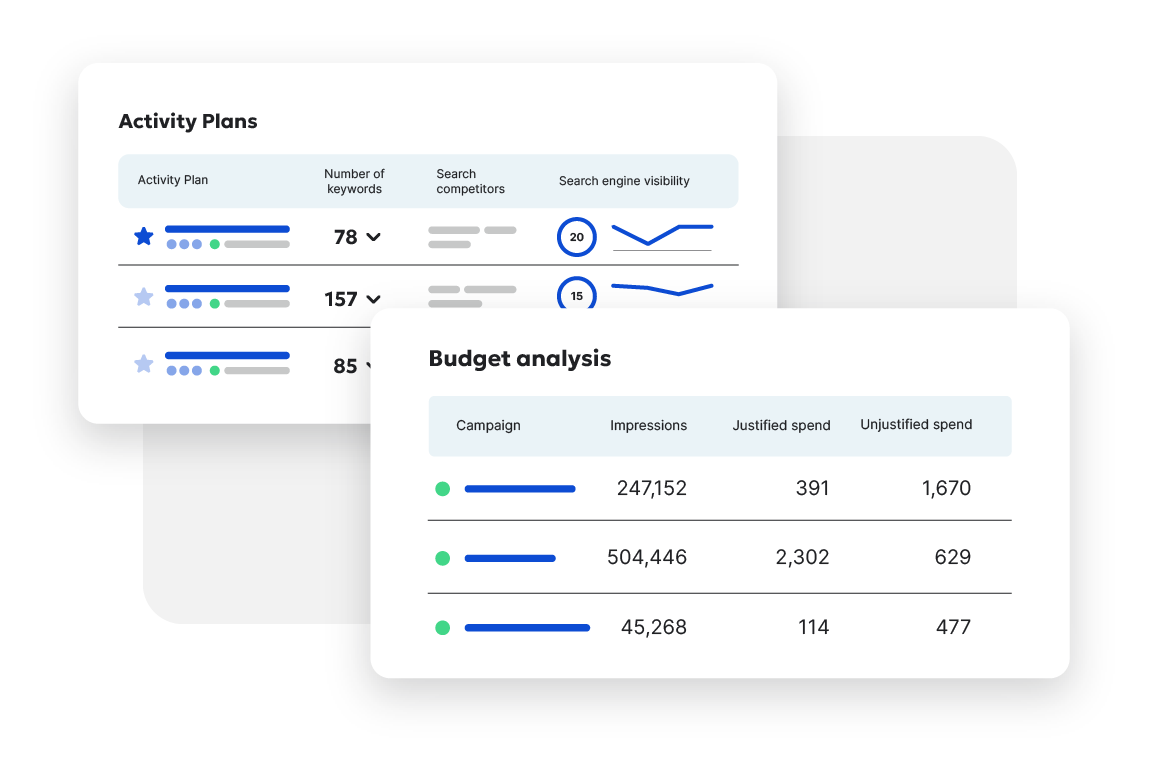A time of consistency and turbulence for SEO
Fresh from brightonSEO, our SEO expert shares her perspective on how AI will — and won’t — affect search.
- By Diane Kulseth - May 16, 2024
One of the highlights of my spring was a jaunt across the Atlantic to spend a jam-packed week in the United Kingdom, in one gathering after another that focused on one of my favorite topics: SEO.
My first stop? Our London office, where we hosted a breakfast for some of our customers and prospects and explored current trends in how each organization is responding to them.
- Video content Many of the organizations we spoke to shared that video content is top of mind right now. Getting in front of younger audiences is becoming a larger priority for marketers in many industries, but they recognize that Millennials and Gen Z are wary of any marketing that’s taking advantage of a trend. The takeaway: Skip getting on the bandwagon with things like the latest trending audio and focus on strategy and delivering meaningful, genuine content to your audience.
- Executive communication – With so much data available, it can be difficult for marketers wade through all the numbers and share what’s important to their leadership teams. It can also be hard to prevent C-level executives from diving headfirst into the latest tech trend.
We shared stories of metrics that affect an organization’s brand reputation, like the number of errors on a site (or page) and broken links, as well as tips for finding and fixing them easily.
We also brainstormed ways to help C-level execs focus on the metrics that matter was also on the agenda. (For more on that, check out this blog post by our own CEO, Shane Paladin.)
Another topic of lively conversation? Ways to get execs to understand that while rankings are helpful, they’re also in constant motion.
- Artificial intelligence – What would a marketing conversation be without discussing AI? Some attendees shared that they used Large Language Models (LLMs) to train on their brand content guidelines. This then allowed them to create content in line with the organization’s brand voice, length requirements, and approach to scientific terms.
For organizations that have yet to adopt this strategy, we discussed what parameters and prompts would be helpful to craft a suitable output. For example, if a university website has a particular look and feel to their program pages, what does that look like in terms of tone, length of the content, and readability level?
Many organizations are currently hesitant to adopt Generative AI use because they have yet to train an LLM on such qualifiers as those listed above. As I shared with the attendees, I view AI as a good starting point, but your content and editorial teams should be ready to adjust content produced with AI to your organization’s voice and standards.
Overall, it was great to hear firsthand the challenges and triumphs our customers and prospects are experiencing; it’s always a relief to know you’re not alone when it comes to facing marketing’s many challenges.
Next up, the brightonSEO conference in one of the UK’s most famous seaside downs. As an SEO expert, I can tell you that few conferences are on par with this one. While I spoke at a session on Brand Sentiment and SEO, this gathering served as a great time to connect with other digital marketers and hear what’s on their minds.
To no one’s surprise, AI dominated the sessions, much like it did in our London office. Most speakers tended to have one of two perspectives: AI (and Google’s Search Generative Experience/Bing’s Copilot) will dramatically change the future of organic search or AI is blown out of proportion.
So, what camp did I find myself in? I’m somewhere in the middle: There could be significant impacts to search results, but much of where Gen AI search goes and industry adoption remains to be determined.
As search marketers know, search engines deploy changes to their algorithm on nearly a daily basis. In my presentation, I shared my perspective that while brands will not own their branded search in Google’s Search Generative Experience (SGE), it’s important to note that Google has and will continue to make changes to its algorithm with its rollout that started in mid-May.
In an ever-changing search landscape, what can marketers do to be prepared for a potential SGE rollout? These are my top recommendations:
- Identify if SGE appears for your branded keywords, and if so, note what kinds of publications are featured
- Take note of your overall brand sentiment through methods such as Google Autocomplete, Reddit, social media, and review websites
- Work with brand or customer support teams as necessary to find content opportunities and reviews to respond to when appropriate.
While there was a lot of buzz going on at brightonSEO surrounding changes coming to the search engines via AI, there still was a constant theme of “the basics still matter.” Solid technical SEO, building trust and authority through your content, and mapping your keywords to your content remain paramount. Search engines still prioritize web pages that provide value to the visitor, so focusing on that will never be a bad strategy.
The coming months will be a very interesting time for marketers as we get more insight into a potential SGE rollout. But as one of the speakers said at brightonSEO, we’ve been through large scale search engine changes before and survived.
We will survive this, too.

Ready to improve your Search Engine Optimization?
Siteimprove SEO is an all-in-one Enterprise SEO tool that can help you achieve your digital potential.
Schedule a demo